PsychNewsDaily Publishers
100 Summit Drive
Burlington, MA, 01803
Telephone: (320) 349-2484
PsychNewsDaily Publishers
100 Summit Drive
Burlington, MA, 01803
Telephone: (320) 349-2484
North Carolina provides accessible mental health support through community health centers, crisis hotlines, and tailored programs for various groups, regardless of insurance status or payment ability.
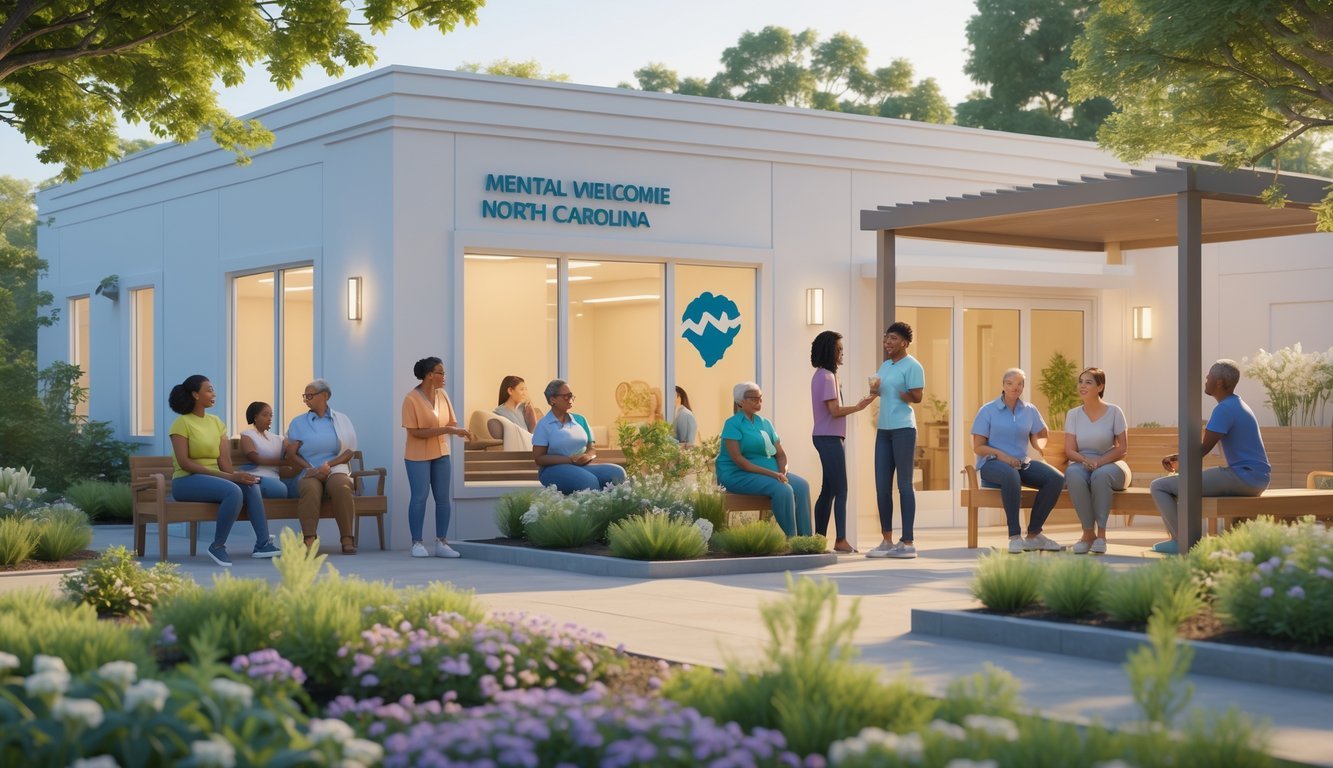
You can find free mental health support all across North Carolina, even if you don’t have insurance or can’t pay for traditional therapy. The state has plenty of options, from community health centers and crisis hotlines to programs tailored for different groups.
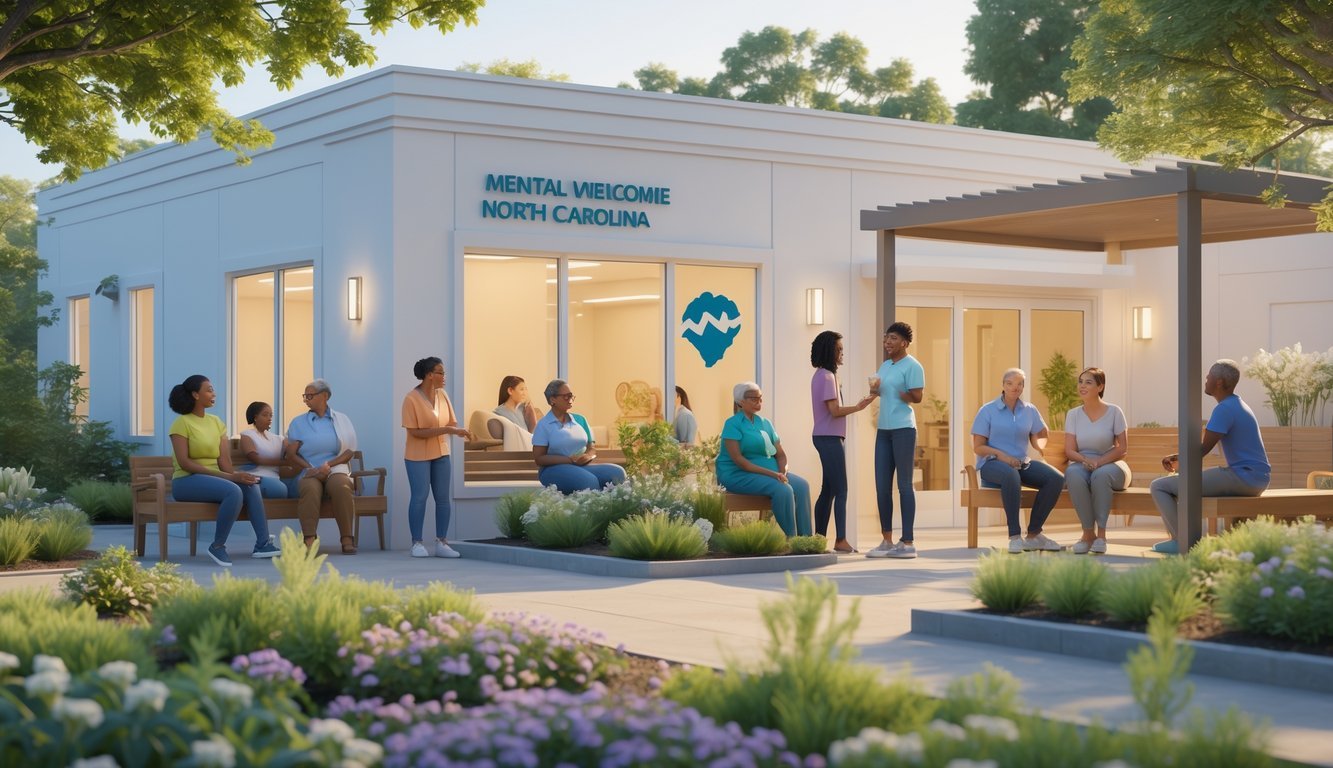
North Carolina offers free mental health services through community health centers, school-based programs, crisis support, and nonprofits that reach every county. Behavioral health covers your emotional, psychological, and social well-being, shaping how you think, feel, and act each day.
You can use these services in different ways, like walk-in clinics or online resources. Many groups also offer peer counseling and educational help.
Knowing your choices and how to reach the right people really matters when you need mental health support fast.
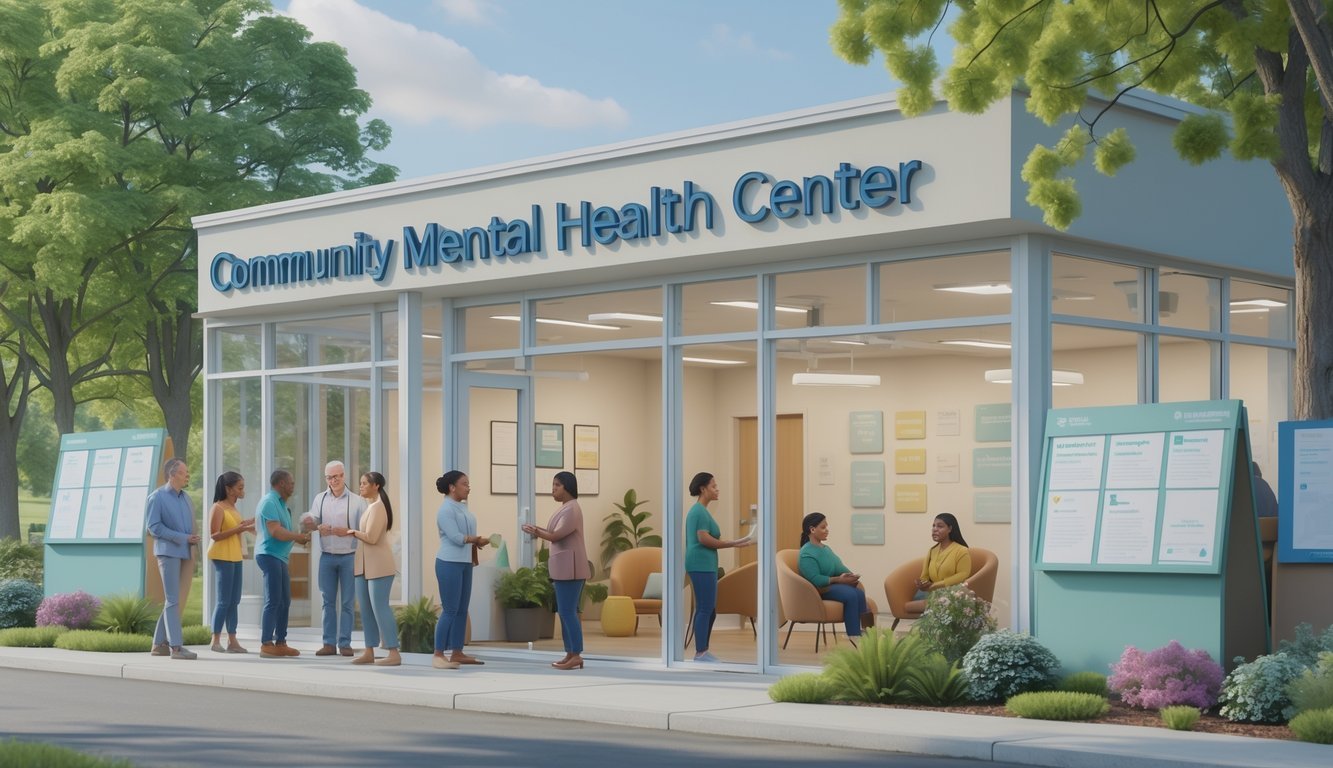
North Carolina gives you crisis help through 24/7 hotlines and emergency support. There are counseling programs for teens and youth involved with the justice system, plus peer support that puts you in touch with people who’ve been through similar things.
If you’re in a mental health crisis, you’ve got free, immediate options. The 988 Suicide and Crisis Lifeline is open 24/7 for anyone dealing with suicidal thoughts or emotional distress.
You can call 911 for mental health emergencies. When you call, you can ask for first responders trained in Crisis Intervention. These officers know how to handle mental health situations.
The NC Peer Warmline at 855-PEERS-NC (855-733-7762) is another support line. It connects you with people who’ve faced mental health challenges themselves.
These services run all day, every day. You don’t need insurance or an appointment to get crisis help.
North Carolina has several free therapy programs for specific groups. The state recently started free virtual therapy through Talkspace for justice-impacted teens ages 13-17.
This program can reach up to 20,000 youth over two years. It helps teens who’ve been detained, victims of crime, or those at risk because of a family member’s incarceration.
The IMPACTT-NC program offers virtual mental health care in schools and communities. Kids and teens get telehealth sessions with therapists and child psychiatrists.
Many public schools in North Carolina run care centers. These centers give students and families mental health services, health education, and basic healthcare.
North Carolina’s certified peer support specialist program connects you with people who’ve recovered from mental health issues. These specialists use their own experiences to help you along your journey.
The NC Peer Warmline at 855-733-7762 offers non-crisis emotional support. Warmlines give you someone to talk to when you’re struggling but not in immediate danger.
Peer support focuses on hope and recovery. Specialists have walked in your shoes and can help you find resources in your area.
These services are free and confidential. You don’t need a referral or insurance for peer support in North Carolina.
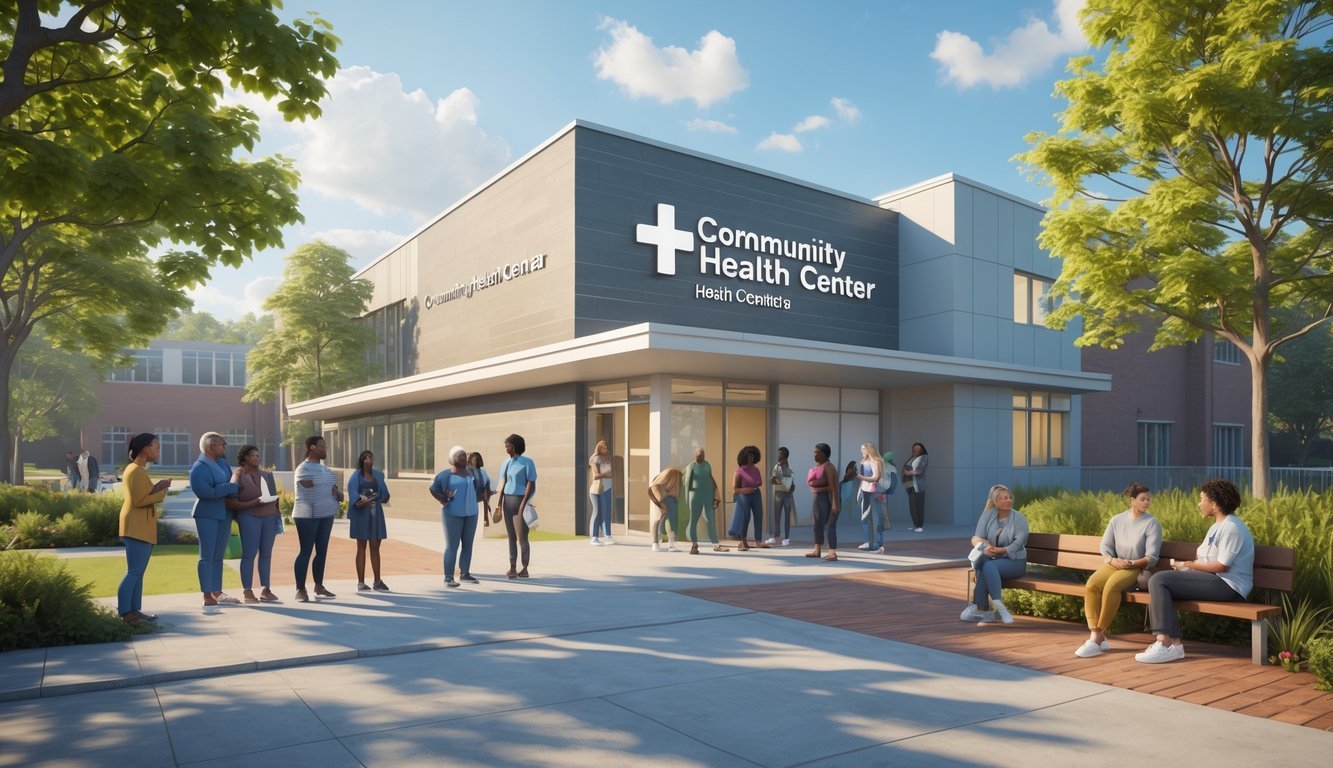
Getting free mental health care in North Carolina means figuring out eligibility, insurance, and where to find help nearby.
Most free mental health programs in North Carolina have rules about who can use them. The most common rule is income limits.
Many programs help people at or below 200% of the federal poverty line. For 2025, that’s about $31,200 for one person or $64,080 for a family of four.
Age-specific programs are out there too. The NCDHHS partnership with Talkspace gives free virtual therapy to justice-involved teens ages 13-17.
Some services only work with people who are uninsured or underinsured. Others focus on veterans, students, or people without stable housing.
You might need to bring:
Community health centers use sliding fee scales. They lower the cost based on what you can pay, even if you don’t qualify for totally free care.
Medicaid covers mental health care for eligible North Carolina residents. You can apply online through the Department of Health and Human Services.
If you have private insurance, check your benefits first. Many plans pay for mental health care, but you might have a copay or deductible.
Sliding scale fees help make care affordable if you don’t qualify for free services. They adjust the cost based on your income.
Some options don’t need insurance at all:
Behavioral health services shape how we think, feel, and act, so they matter no matter how you pay.
College student health centers often give free counseling. Campus Health services offer 24/7 support for students.
Always ask about financial assistance. Many places have funds to help people who can’t afford care.
Start by calling 211 or heading to 211.org. This free service links you with local mental health resources.
Reach out to your county health department next. Wake County Behavioral Health Department supports behavioral health services for the community.
Try these steps:
Community health centers help everyone, no matter what you can pay. Look for federally qualified health centers (FQHCs) nearby.
School-based programs are another option. IMPACTT-NC offers mental health care virtually in some schools across the state.
Faith-based groups and nonprofits sometimes offer free counseling. Try searching online for “free counseling” with your city’s name.
If you’re in a crisis, you need help now. Call 988 for the Suicide & Crisis Lifeline or go to the nearest ER.
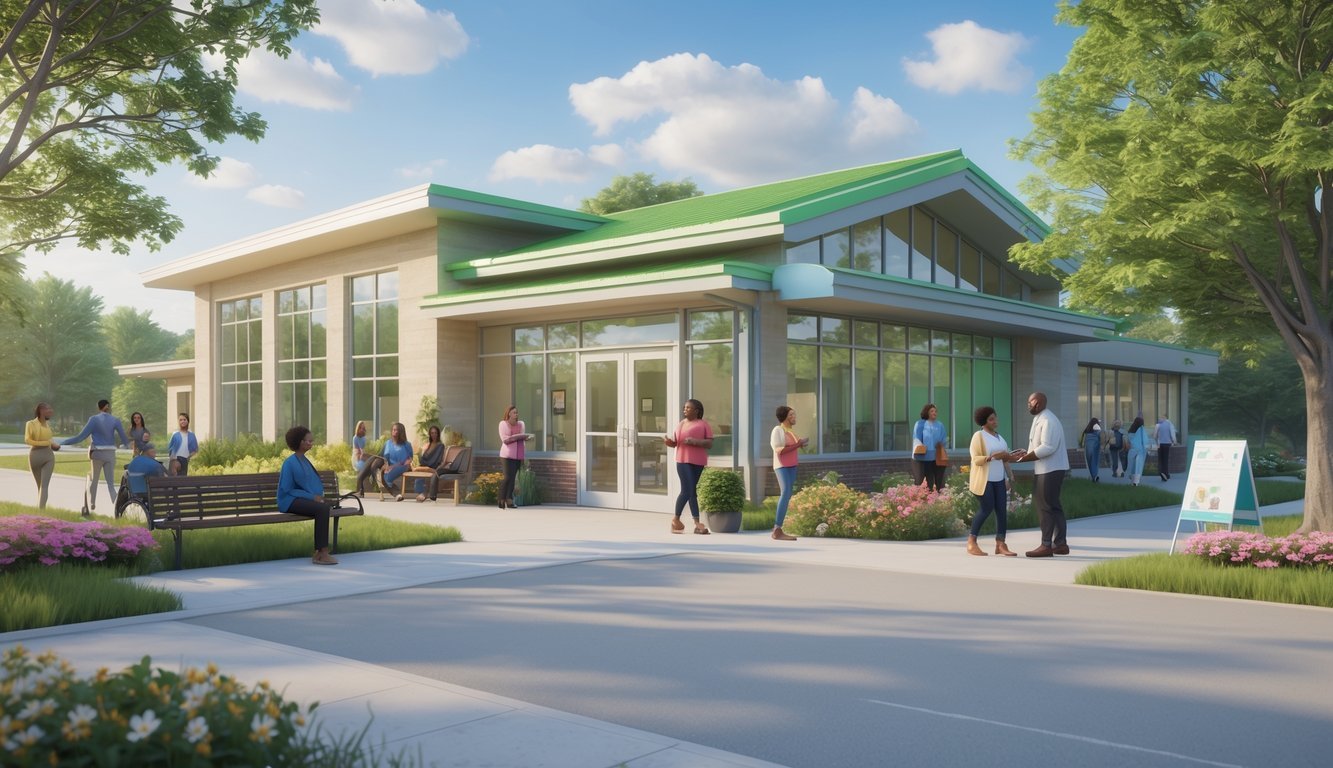
North Carolina’s mental health support comes from advocacy groups like NAMI, state programs with virtual therapy, and local nonprofits. These groups offer education, crisis help, and special care statewide.
NAMI North Carolina stands out as the top mental health advocacy group in the state. They run free education programs and support groups in every county.
Key Services:
NAMI has local groups in cities like Charlotte, Raleigh, and Greensboro. Each one holds weekly support meetings and workshops.
They also run a free helpline with trained volunteers. You can get resources in English and Spanish by phone or online.
The North Carolina Department of Health and Human Services teams up with Talkspace to offer free virtual therapy for justice-involved teens ages 13-17. Up to 20,000 youth can use this program over two years.
The IMPACTT-NC program gives virtual mental health care in schools and communities across North Carolina. Kids and teens can meet with therapists and psychiatrists by telehealth.
Wake County supports local behavioral health needs by running care systems and investing in community services. Other counties have similar programs.
Community health centers in rural areas offer sliding-scale mental health care. These centers accept Medicaid and set up payment plans based on income.
Crisis Text Line is open 24/7. Just text HOME to 741741 and a trained counselor will respond.
The Suicide Prevention Lifeline gives free phone support at 988. This national line connects you with local crisis centers.
Faith-based groups like Catholic Charities and Jewish Family Services offer counseling, no matter your religion. Many use a sliding scale for payment.
Community Mental Health Centers exist in every county. They offer:
United Way chapters pay for mental health programs in local communities. Call 211 to find resources in your area.
North Carolina backs up its community with peer groups, education, and family resources. These efforts try to break stigma and build stronger support for people and their families.
Peer groups give you a safe spot to connect with others who get what you’re going through. Many towns in North Carolina have regular meetings for things like depression, anxiety, or substance use.
The NC Peer Support Specialist Certification Program trains people with lived experience to support others. Certified specialists work in lots of settings across the state.
Workshops teach you real skills for handling mental health challenges. Topics include:
Local health departments and community centers often run these free classes. Many offer evening or weekend options for busy people.
Online workshops now reach rural areas, too. You can join from home by video or phone.
Awareness campaigns help fight discrimination and encourage people to reach out for help. Every May, North Carolina joins in Mental Health Awareness Month.
Community events like fairs, screening days, and talks spread the word. Local groups work with schools, jobs, and faith communities to get the message out.
Social media campaigns share personal stories and facts about mental health. These make it easier to talk openly about mental wellness.
Training programs teach people how to spot mental health warning signs. You can learn how to support someone and connect them with professional help.
Anti-stigma messaging reminds everyone that mental health issues are medical problems that need treatment, not signs of weakness or failure.
Families often feel overwhelmed when someone they care about goes through mental health struggles. In North Carolina, you’ll find programs made just for parents, spouses, and other caregivers.
Support groups for families offer a mix of emotional comfort and real-world advice. It’s honestly helpful to connect with people who just get it because they’ve been there too.
Educational resources can clear up a lot of confusion about mental health conditions and treatment choices. When you understand what’s going on, you can support your loved one without losing sight of your own needs.
Respite care services step in to give you a breather from caregiving. While you rest, your loved one still gets the care they need.
The Office of Minority Health and Health Disparities works on challenges that families from different backgrounds face. Providers get cultural competency training so they can serve everyone better.
Crisis intervention training shows families what to do during a mental health emergency. You’ll pick up de-escalation skills and know when it’s time to call in professionals.